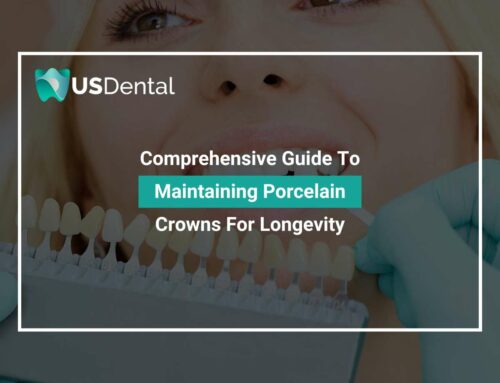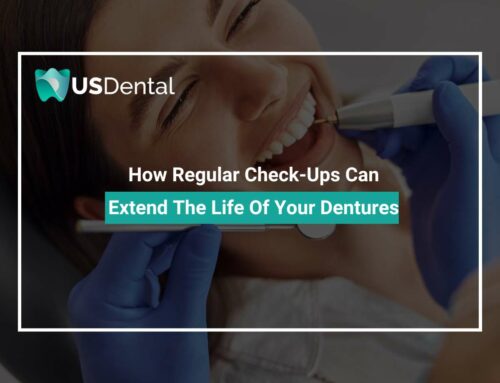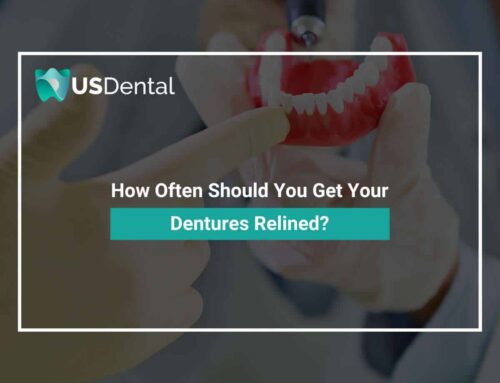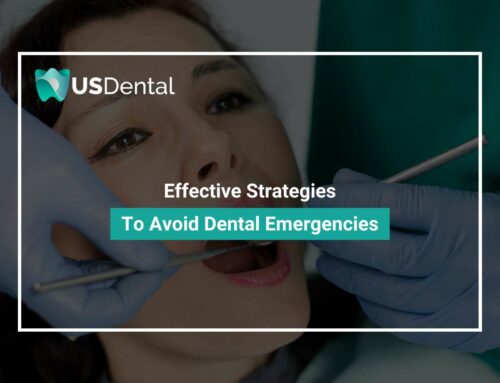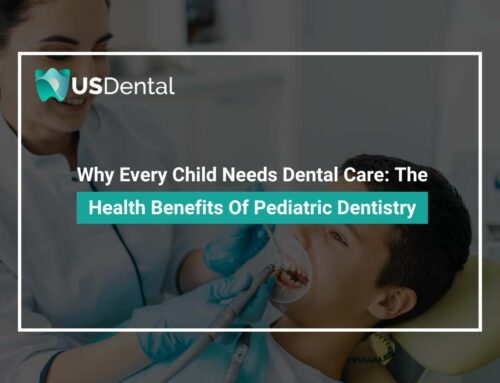How To Relieve The Tooth Crown Pain
Are you experiencing pain in your dental crown? Although a crown is a popular and effective way to protect damaged teeth, many people are surprised to learn that they don’t prevent pain in the tooth underneath. The reality is that a crowned tooth is still vulnerable to the same problems as the rest of your teeth. If you experience discomfort, sensitivity, pressure, or pain in the tooth underneath your crown, ask your Columbus dentist for advice and treatment options.
What Is A Dental Crown?
A dental crown is a custom-made cap that fits over a damaged tooth in order to protect and cover it. Your dentist will use cement to hold the crown in place. A crown is used to restore the shape, size, and function of a damaged tooth while also providing protection for what is remaining underneath. Crowns may also be used to support a dental bridge when a tooth is missing. Your dental crown can be made of porcelain, ceramic, or a metal alloy.
Crowns are commonly recommended when:
- A tooth has a large cavity that cannot be repaired with a filling
- A tooth is cracked, chipped, or weakened
- Support is needed for a bridge or implant
- Teeth have become severely discolored or misshapen
- After a root canal procedure
What Causes Pain In Crowned Teeth?
There are many reasons why a patient may experienced pain in a crowned tooth, which can include:
- Tooth decay: Teeth under a crown are still alive and still vulnerable to tooth decay or cavities at the base of the tooth. Cavities, decay, and bacterial infections can cause pain or sensitivity in teeth even if they are covered with a crown. If a cavity becomes severe and affects the nerve, you may need a root canal.
- Infections: If your Columbus dentist didn’t perform a root canal before placing the crown on your tooth, the tooth will still have nerves inside. Infections inside the tooth or from old fillings can cause infections and pain in the crowned tooth. Symptoms of a tooth infection include pain while eating or chewing, swollen gums, sensitivity to hot and cold, and fever.
- Sore gums: It’s common to have sore gums and temporary discomfort after a dental crown is placed, but this should last less than two weeks. If you’re experiencing serious pain after a crown procedure or if the pain is persistent for more than two weeks after the procedure, contact your Columbus emergency dentist for advice.
- Broken crown: Crowns are strong, but can chip, break, or crack in some circumstances. When this happens, you may experience temperature sensitivity and other pain, and the dental crown may need to be repaired or replaced.
- Teeth grinding: Medically known as bruxism, grinding your teeth can result in pressure on the dental crown and pain. Your dentist may recommend a night guard and other treatment options to protect your crown and other teeth.
- Recessed gums: If the gums around your crowned tooth have receded, you may experience pain and sensitivity. Recessed gums can be caused by gingivitis, harsh brushing, and aging.
- Poorly fitting crown: If your crown has shifted or doesn’t fit correctly, it may be uncomfortable or even painful. You may also notice that your bite and smile feel “off” as well. If you experience pain while biting down, jaw pain, or headaches, the crown may be too high on the tooth.
How Can Dental Crown Pain Be Treated?
The best treatment for pain in crowned teeth depends on the cause and the severity of the pain. Discomfort may be relieved with:
- Over the counter pain medications
- Saltwater rinse: Mix ½ teaspoon of salt with warm water and swish for 30 seconds. Repeat several times a day to reduce inflammation and pain.
- Herbal remedies, such as cloves, turmeric, ginger, and chamomile
- Avoiding problem foods and liquids, such as very sticky, chewy, crunchy, hard, hot, or cold foods
- Obtaining a mouth guard and other treatment for jaw clenching and tooth grinding
When Should I See A Dentist For Crowned Tooth Pain?
If home remedies aren’t working or if the tooth pain is severe and persistent, call your Columbus dental crown dentist for an appointment. You may need a root canal, crown repair, crown replacement, or other treatment for the cause of the pain.
How Can Crown Pain Be Prevented?
Good oral hygiene habits are the best way to prevent dental crown pain. This includes brushing your teeth twice a day, flossing, and visiting your dentist for routine checkups. Your dentist will encourage you to avoid habits and foods that can harm your crown, such as biting your nails, chewing ice, and very sticky or chewy foods.
Care For Your Dental Crown With The Leading Dental Clinic In Columbus
Whether you’re looking for a dental crown, dentures, cosmetic dentistry, or routine care for your family, US Dental & Medical Care is the dentist office you’ve been looking for! Our dentists have developed a reputation for compassionate, gentle, and supportive care for all of their patients. We accept Medicaid insurance plans and multiple private dental insurance plans, along with flexible financing so that dental care can be affordable for everyone. Contact our office today to schedule your appointment and find the smile you’ve been wanting!
US Dental and Medical Care
949 E Livingston Ave,
Columbus, OH 43205
Phone: (614) 252-3181
Website: https://usdentalmedical.com




